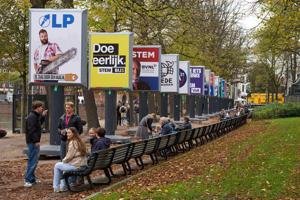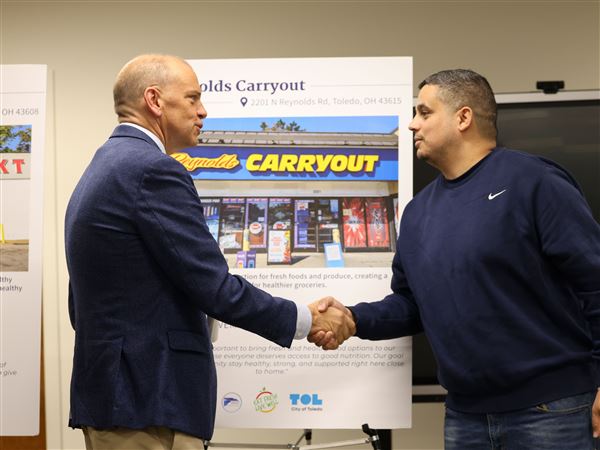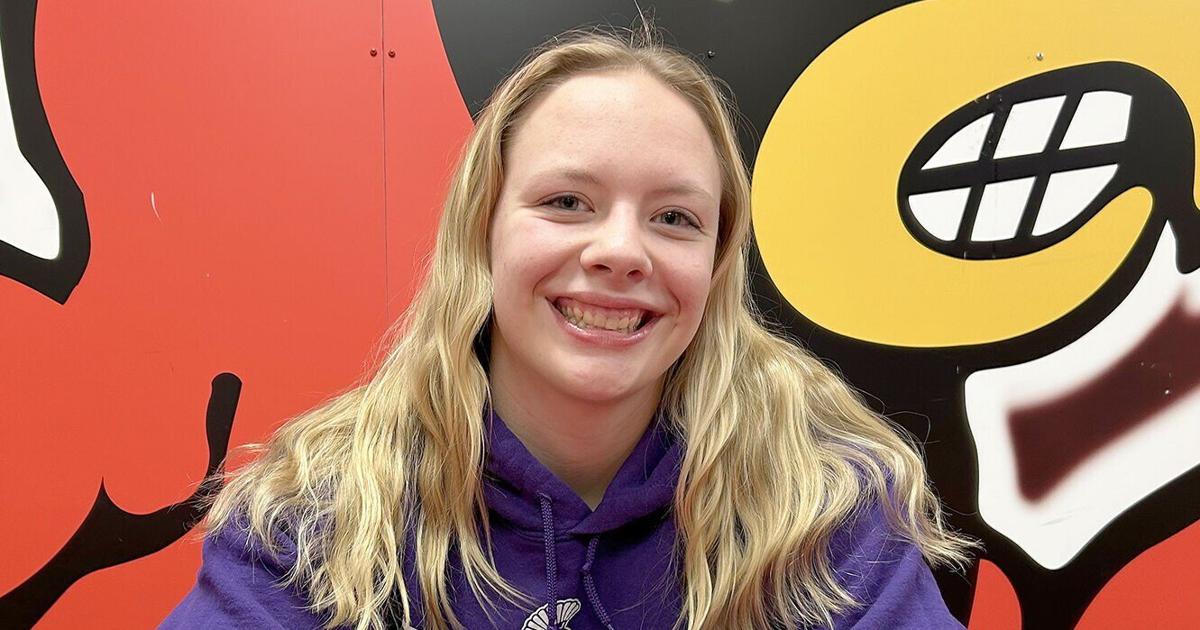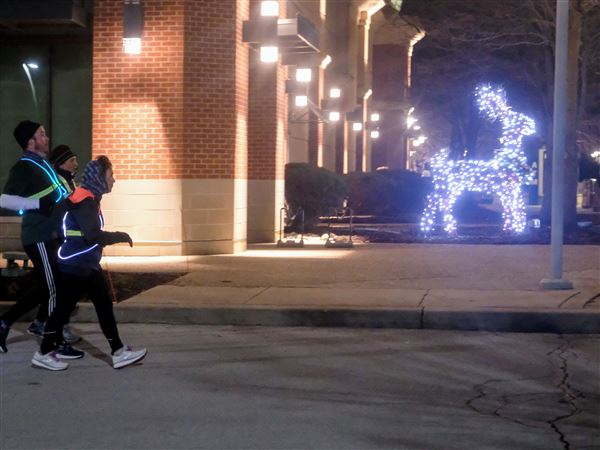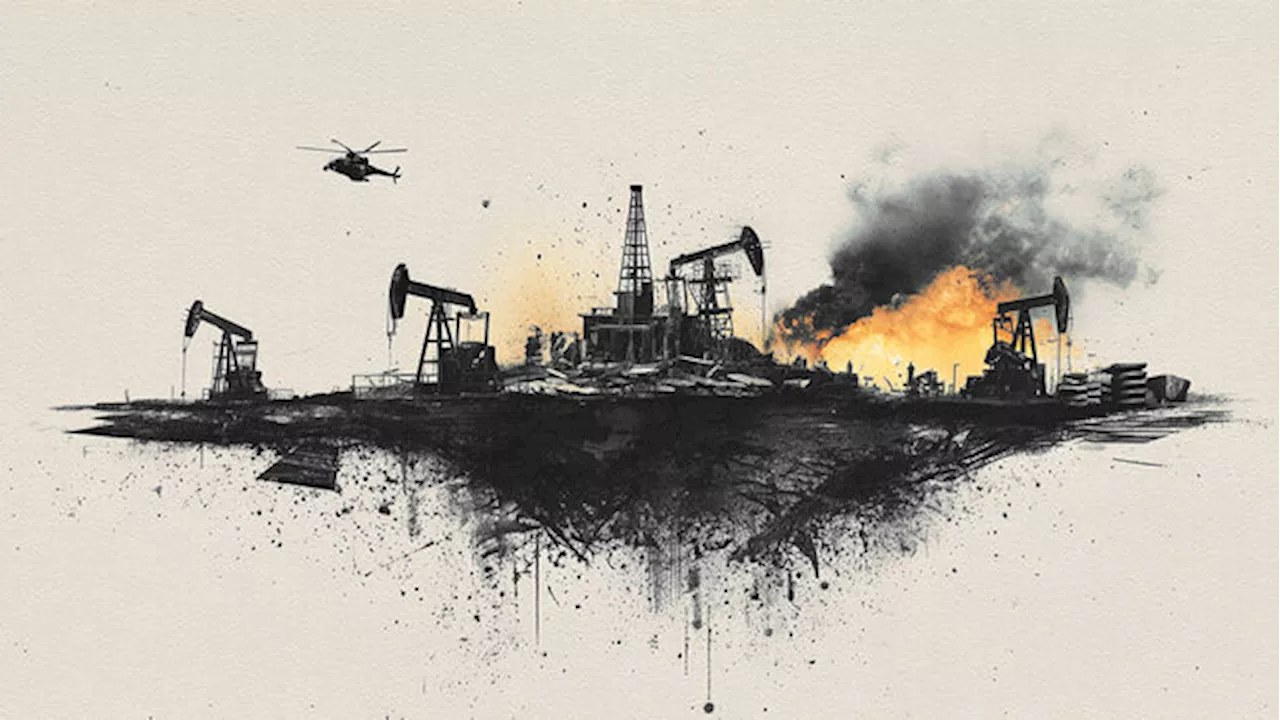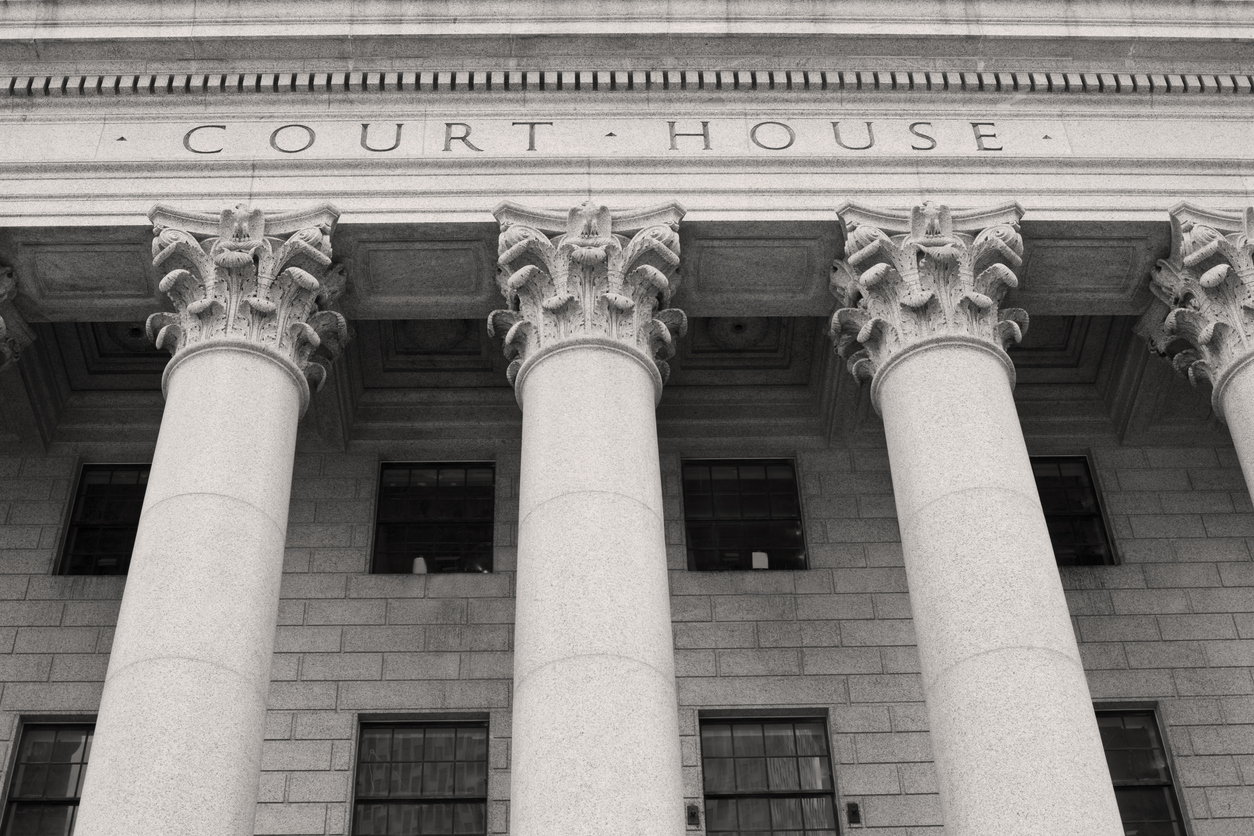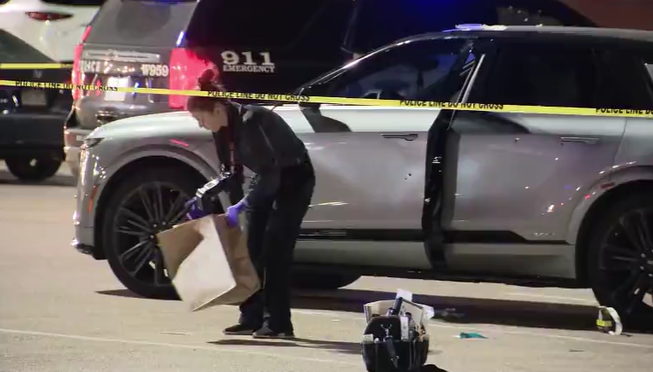UPDATE: Voters across the Netherlands are casting their ballots in a highly anticipated snap election, with early results indicating a tight race that could redefine the country’s political landscape. The election was called following a dramatic coalition collapse instigated by anti-Islam lawmaker Geert Wilders, who sparked tensions with his demands for stricter immigration controls.
Polling stations opened earlier today, with voters expressing strong opinions on urgent issues like housing shortages and immigration reform. The stakes are incredibly high as the Netherlands grapples with significant polarization over these topics. Voting venues are as diverse as historic windmills and the iconic Anne Frank House museum in Amsterdam.
As the clock ticks down to 9 p.m., when polls will close, the atmosphere is charged with anticipation. Wilders, speaking from The Hague City Hall, stated, “It’s up to the voters today,” emphasizing the tight competition. His party, the Party for Freedom, is projected to secure the largest number of seats in the 150-seat House of Representatives, although mainstream parties have expressed reluctance to partner with him again.
In stark contrast, Frans Timmermans, leader of the center-left coalition comprising the Labor Party and Green Left, expressed hope for a more progressive outcome. “It’s going to be so close so let’s hope we come out as first, because that is the only guarantee to avoid a right-wing government,” he stated while voting in Maastricht.
The backdrop to today’s election is fraught with tension, including violence at recent anti-immigration rallies and protests against new asylum-seeker centers. As voters weigh their options, sentiments from both sides of the political spectrum are palpable.
Polls indicate that Wilders’ party has a strong chance of leading the next government, yet moderates are gaining ground rapidly. Many voters are still undecided, with final decisions often made at the last minute, heightening the drama of today’s election.
Christian Democrats leader Henri Bontenbal acknowledged the potential for a fundamental shift in Dutch politics. “What we have seen in the last two years is a political landscape with right-wing populism, and the question is, is it possible to beat populism by decent politics?” he remarked.
Among the first voters at a polling station in Delft were a group of students who wore bathrobes and brought coffee mugs, highlighting the election’s impact on younger generations. “It’s a house tradition” to vote together, said Lucas van Krimpen, one of the students, reflecting the enthusiasm surrounding the electoral process.
As votes are counted and results emerge later tonight, the implications for Dutch governance are profound. Negotiations for a new governing coalition are expected to begin as early as Thursday, setting the stage for potential alliances or further political deadlock.
In a final televised debate, Rob Jetten, leader of the rising center-left D66 party, argued for a balanced approach to immigration. He urged voters to consider a future governed by “positive energy” instead of “grumpy hatred,” appealing to those seeking a change from right-wing policies.
As the nation holds its breath, the outcome of this close election could reshape the future of Dutch politics for years to come. Stay tuned for immediate updates and results as they unfold.

